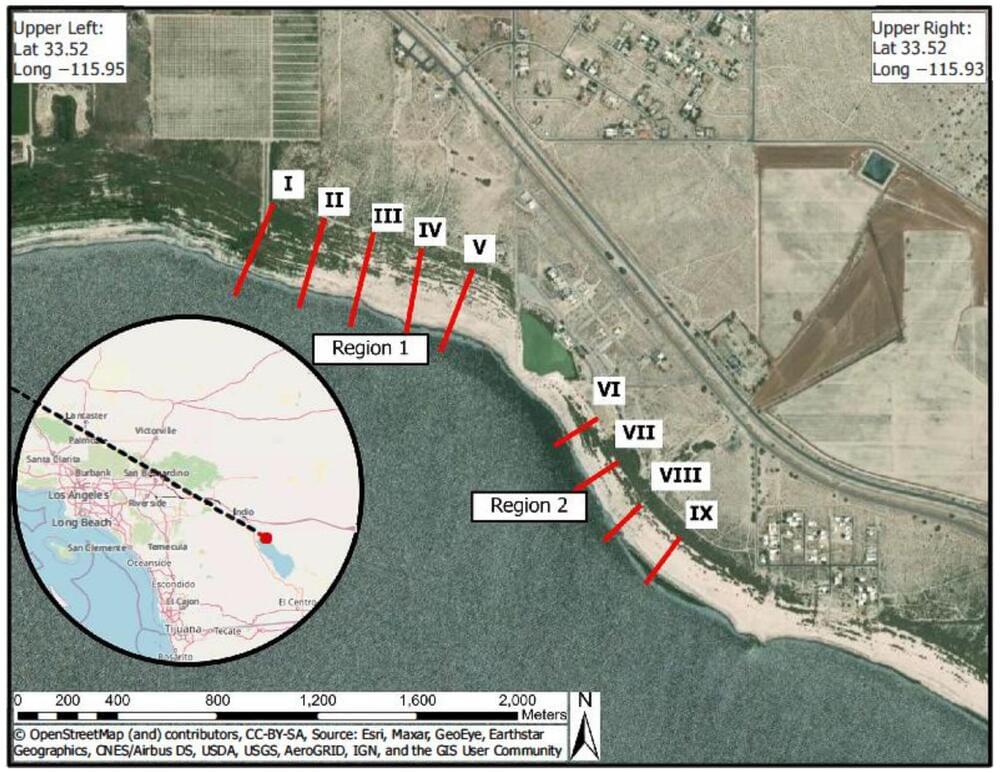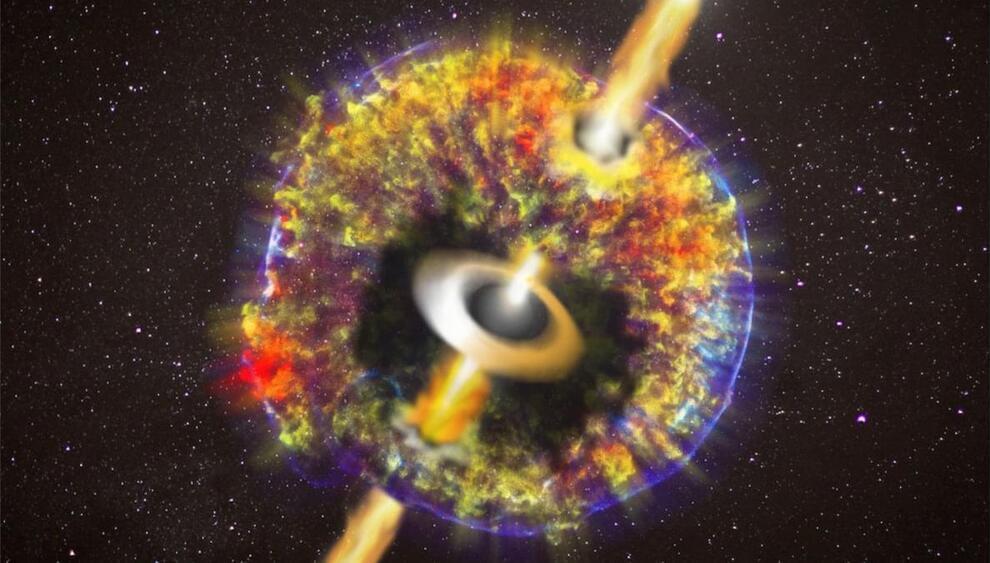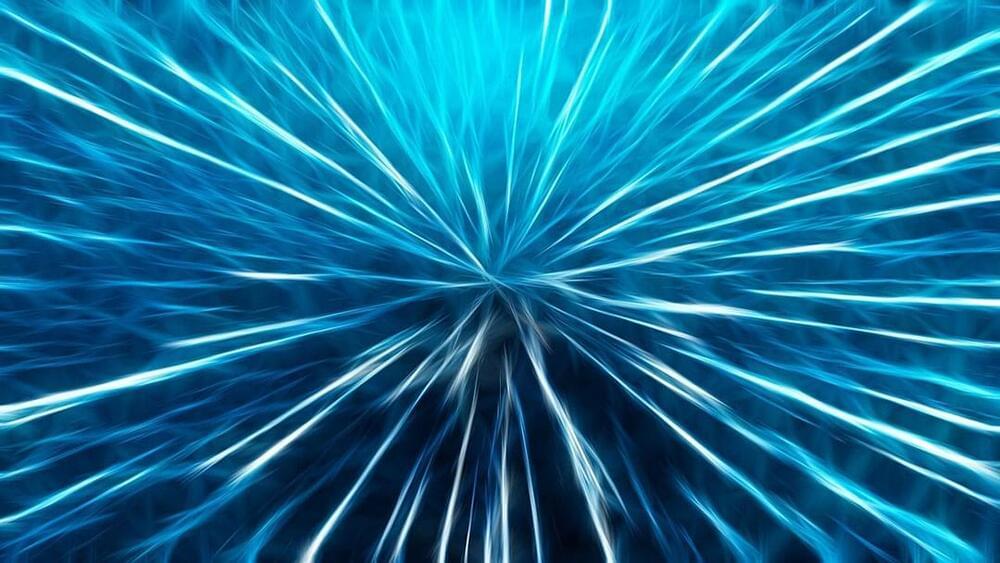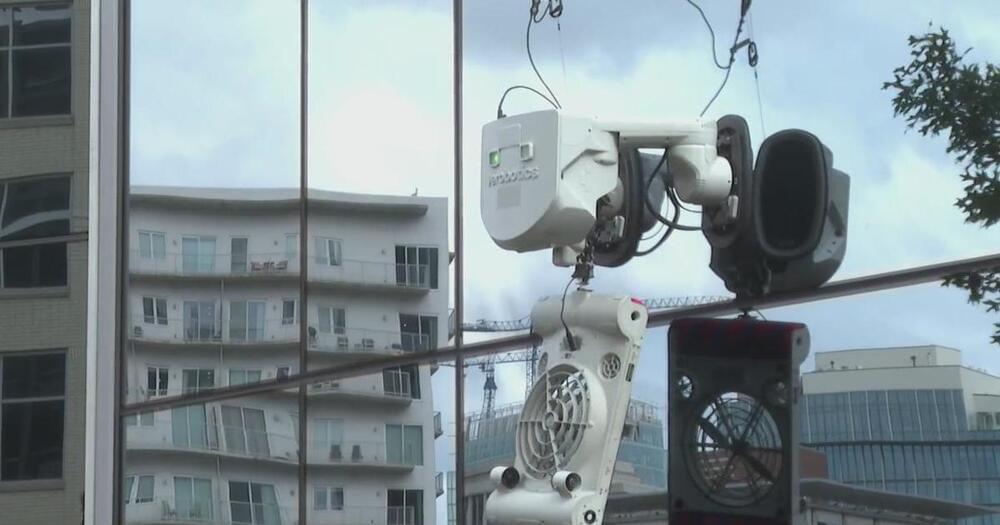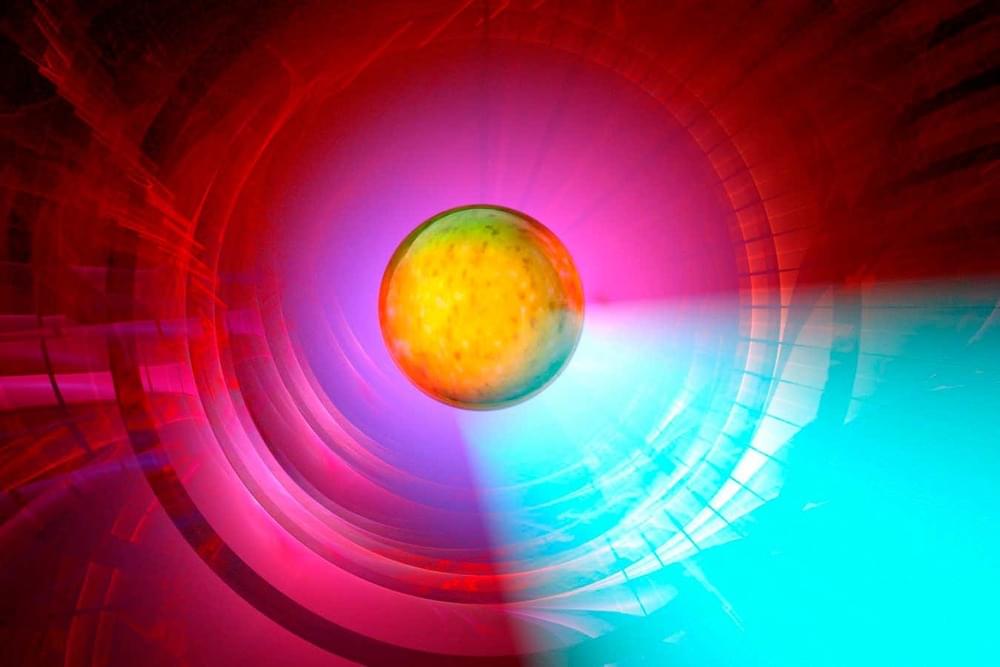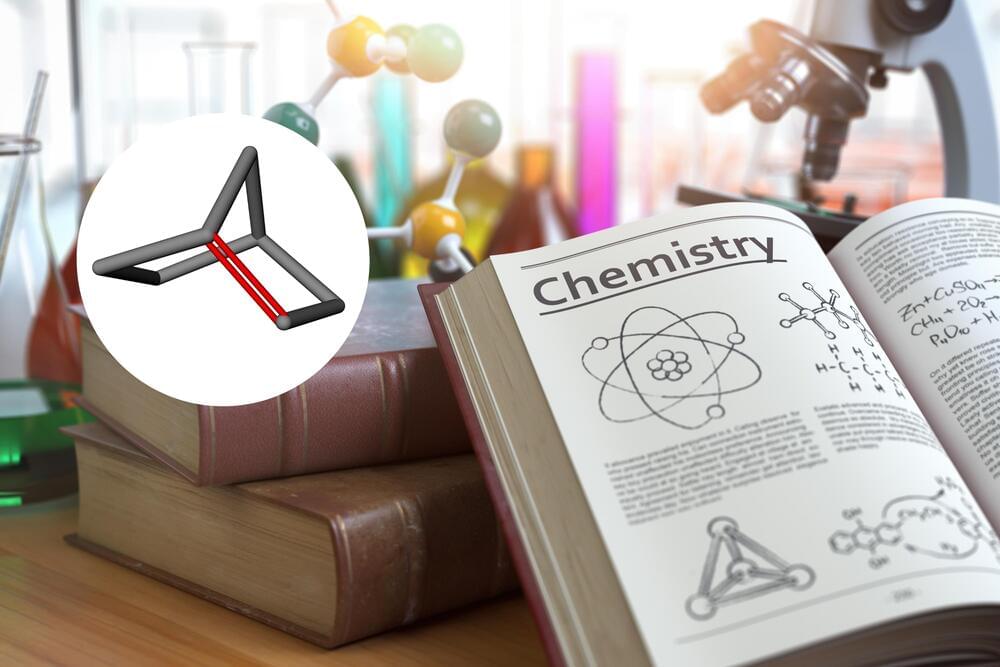The Salton Sea, California’s largest lake by surface area, is experiencing an increasing rate of shoreline retreat following a policy change that shifted more water from the Colorado River to San Diego, according to a newly published study. The resulting dried lakebed is creating more polluted dust from dried agricultural runoff that affects nearby communities, researchers said.
